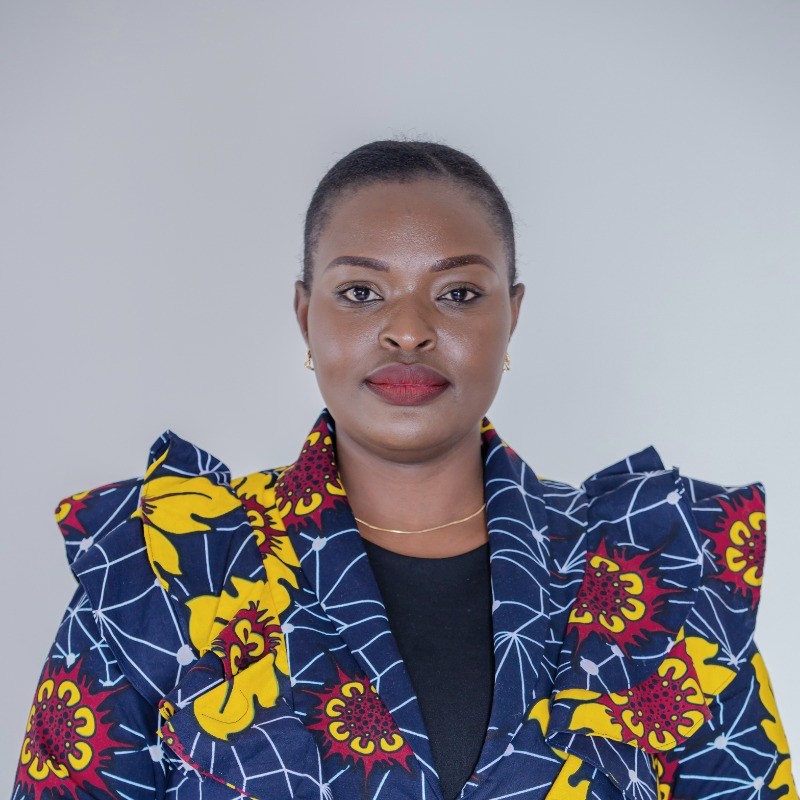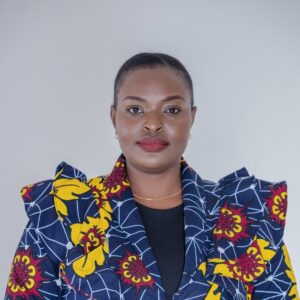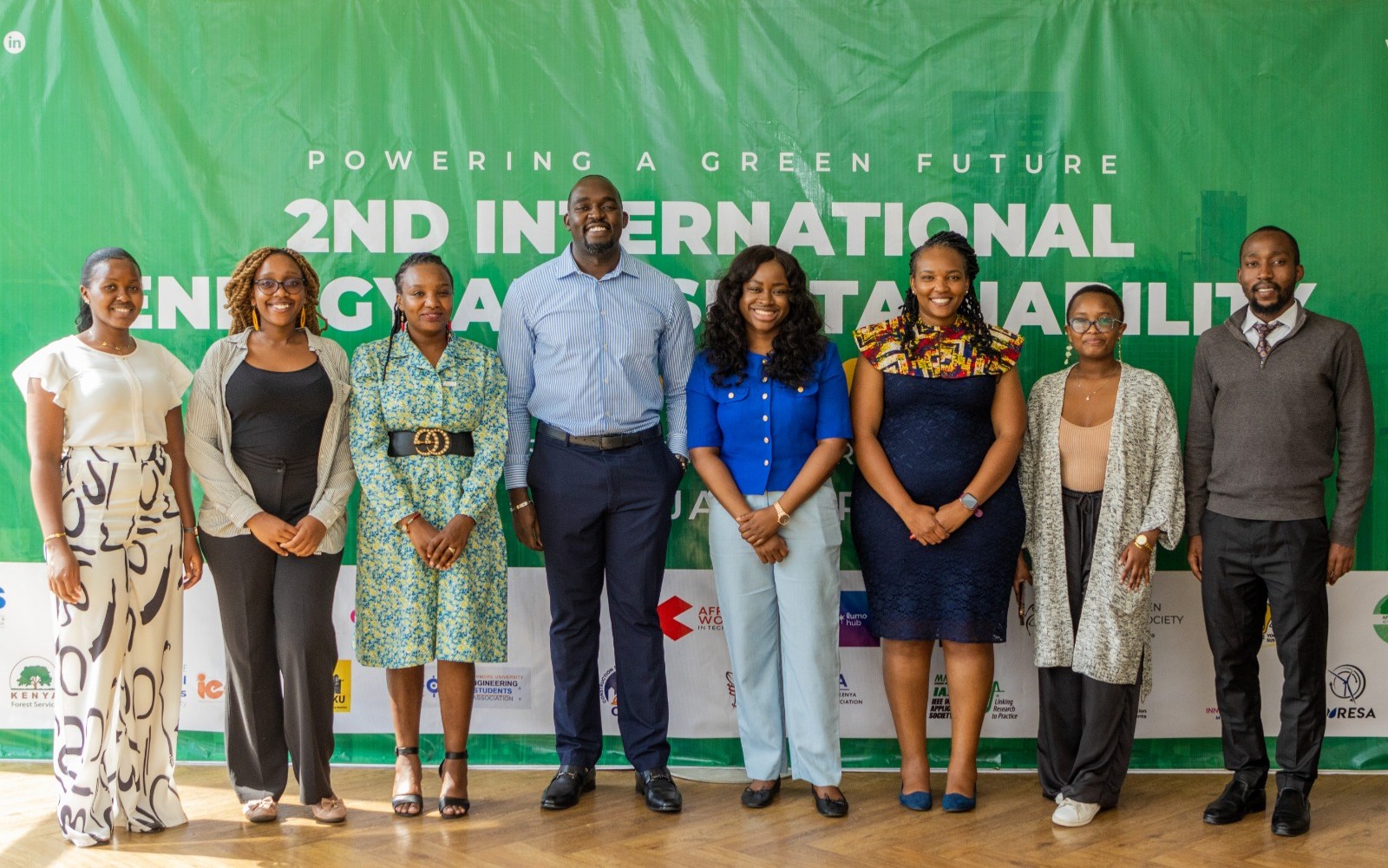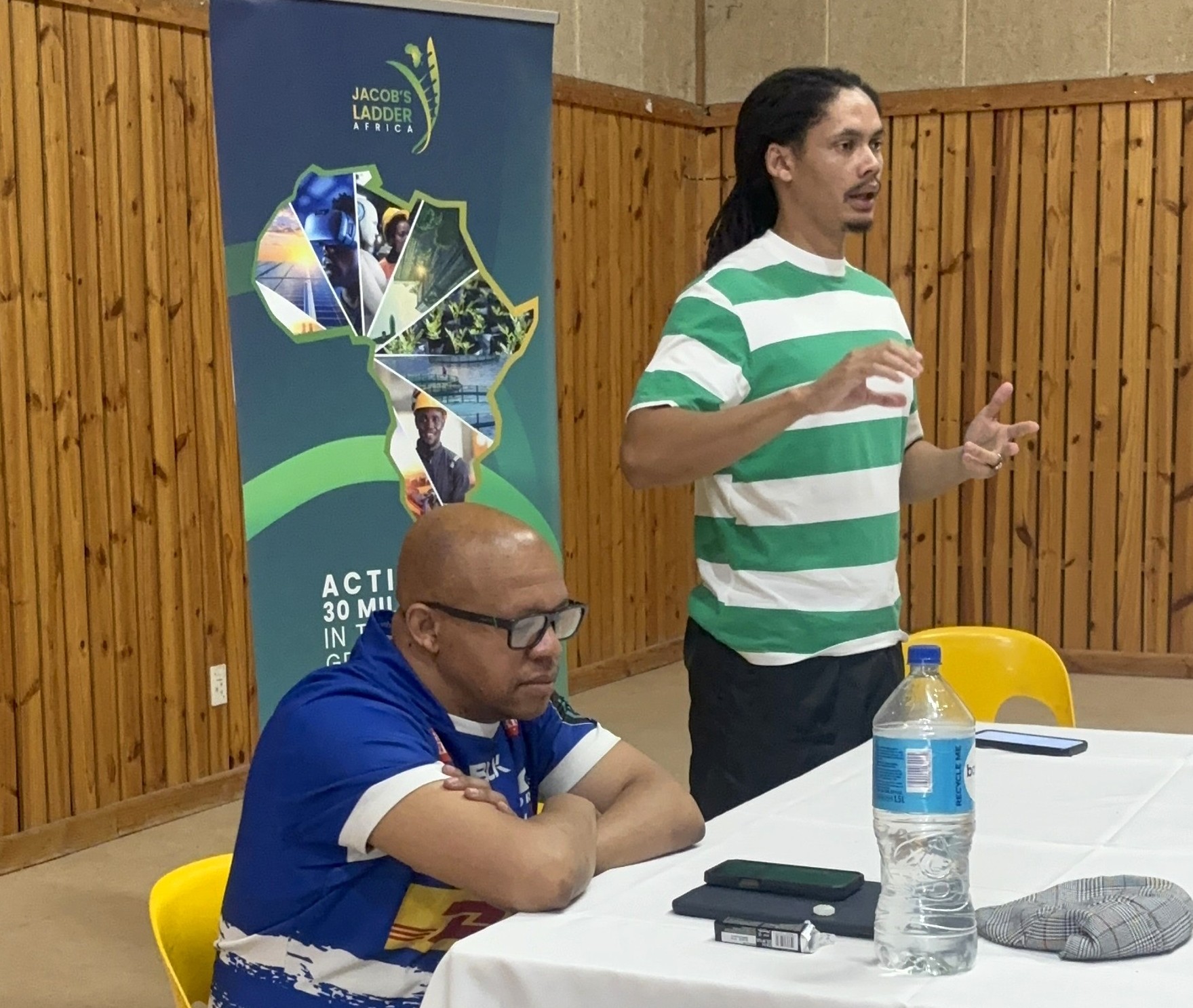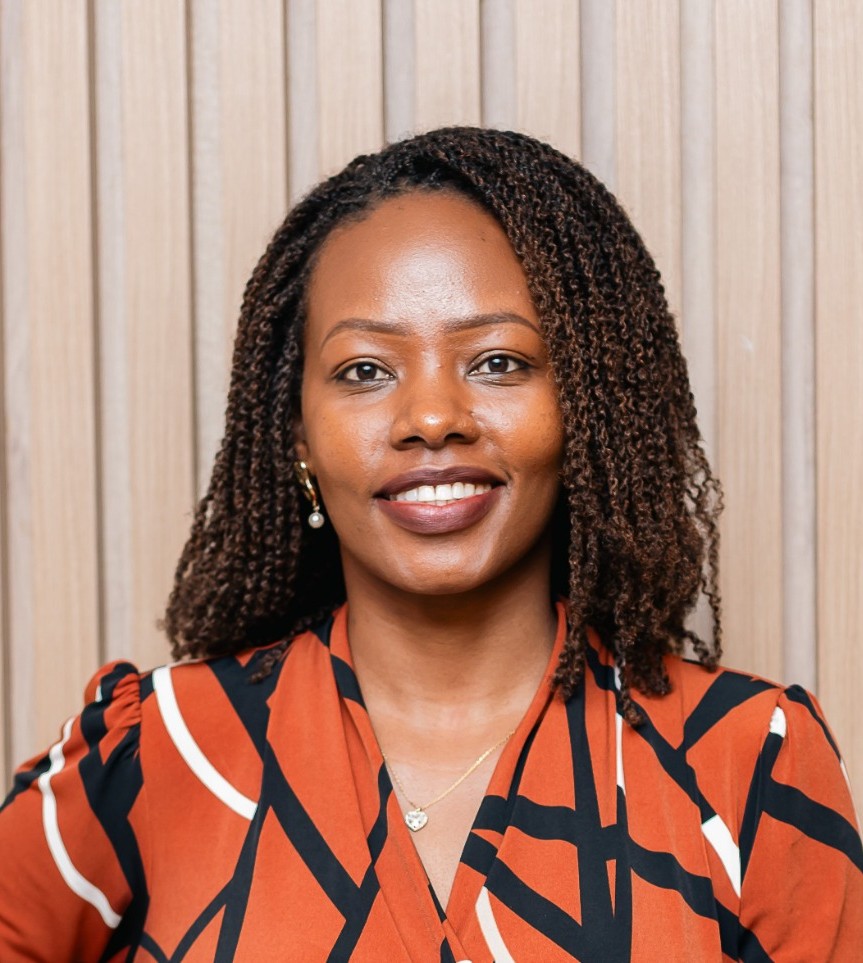I was born in an era where education was everything. It was the key to opportunity, the one promise my father made to himself and kept for his children. He had been orphaned young. I never met my paternal grandparents, but through grit and determination, my father hustled his way through school and became an engineer.
I grew up watching family members pass through our home on their way to school or their first job. My aunt, his only sister, lived with us while she trained as a nurse. I still remember sneaking out with her to the public phone booth so she could call a young man, my now-uncle. Those moments carried with them a message: education was the path forward.
By the time I came of age, it was clear I had one assignment: study hard, earn top grades, and secure a place at the University of Nairobi. That was the dream. I would be the first in our family to go to university. Abroad was unimaginable; local was the goal.
When my KCSE results came out, my father lifted me in pure joy, spinning me around in circles and kissing me smack on the lips, the only time he had ever done so. If you know anything about African parents, you understand. That is how much it meant to him that I had done really well. Enough to break the protocols of tradition and express his pride in me. His first child to get into university. Later on, we sat down together to choose my course of study.
Medicine? Too long, I didn’t fancy blood, and my empathy would make me a teary doctor. Engineering? My father’s path, but I wanted power suits and manicured nails, not jeans and oil-stained hands. Law? Too much past and precedent for me, and I had not watched enough episodes of Suits (the series) yet to be swayed in that direction. Then came Economics and Statistics. My father noted that President Kibaki himself had studied it. Something about that struck me, and in my youthful naivety, I thought, this is it. This is the course. Just like that, my path was set.
Looking back, I realise how little context I had. My decisions were shaped not by career counselling or mentorship, but by personal perception and the well-intentioned, yet limited, guidance available at home. How many young people still make choices like that every year? How many students sit with these life-altering decisions as an inner monologue, lacking exposure to real options or future labour market demands? And how many end up paying the price later, in time, money, and missed opportunities?
The reality is, the world I grew up in where a degree guaranteed a job, no longer exists. Today, youth unemployment in Kenya stands at 13.4% (KNBS, 2023). Across Africa, young people face shrinking formal job opportunities, and education alone is no longer a unique edge. It has become the bare minimum. At the same time, there is a massive untapped opportunity. The green economy is expected to create over 30 million jobs in Africa by 2030 (ILO). Yet, there remains a wide disconnect between what universities teach and what the market demands.
This is where my work at Jacob’s Ladder Africa comes in. Through initiatives like the Green Careers Caravan, we are building awareness of these opportunities, equipping young people with the skills, mindsets, and networks they need to step confidently into the future of work.
By 2050, one in four young people will be African. If we align education, skilling, and industry with the fast-growing green economy, Africa’s youth will not just be job seekers; they will be job creators, innovators, and leaders in building a sustainable future.
The future of work is not something we wait for; it is something we prepare for. My father’s generation saw education as the great equaliser. For our generation, the challenge and opportunity are to expand that vision. To ensure young people are not only educated but also equipped, exposed, and ready to lead in the industries of tomorrow. The future is ours to craft. At Jacob’s Ladder Africa, I am taking my place on the frontline, opening up mindsets, creating pathways, and ensuring Africa’s youth are ready to seize the promise of the green economy.
And in all this, I recognise the great privilege I have been given to now be that voice sitting with a younger version of me, offering guidance and knowledge for decisions that shape the future.

